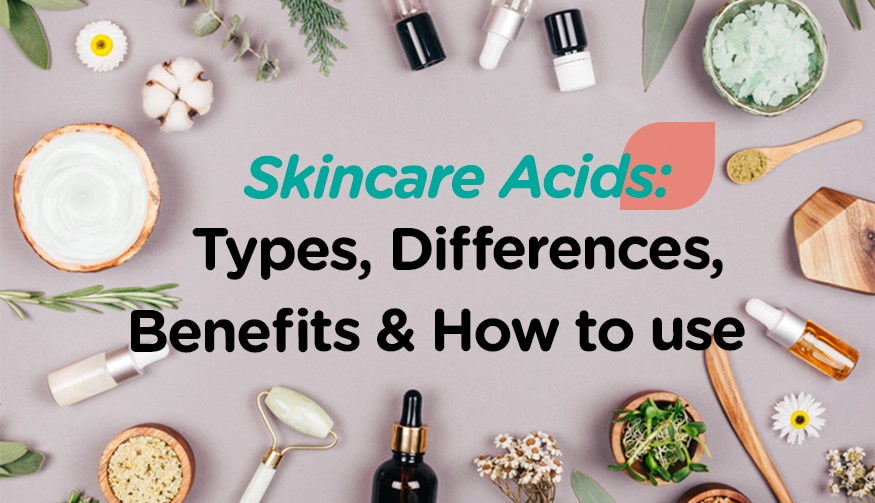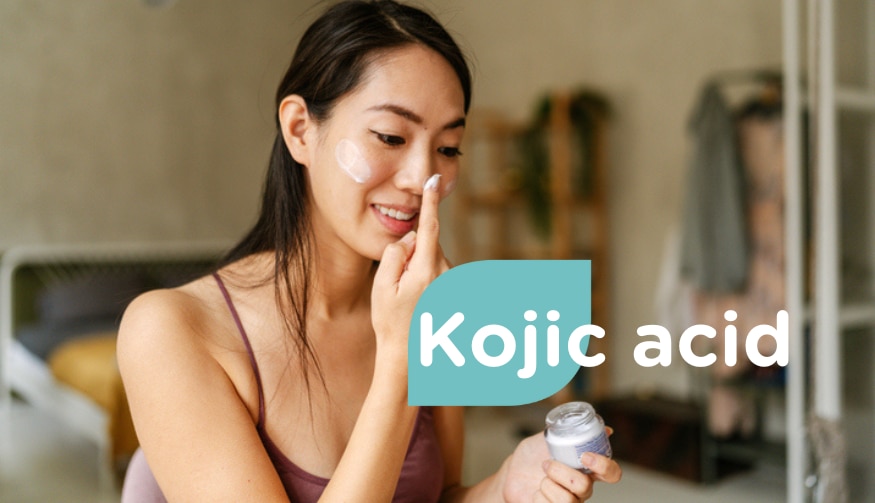Different skincare acids can offer you various beauty benefits. Here is everything you need to know about different skincare acids. Remember do not mix skincare acids in your skincare routine at the same time! You should use one of the skincare acids in the morning and another acid in the evening.

What is Glycolic Acid?
Glycolic acid is a type of alpha-hydroxy acid (AHA), which is derived from sugar cane. It is a water-soluble acid.
Benefits of Glycolic Acid
Glycolic Acid is a great ingredient for uneven and acne-prone skin that stimulates the production of collagen, removes hyperpigmentation, gently exfoliates, and regenerate the skin to give you more even and radiant complexion, and reduce signs of aging such as fine lines and wrinkles.
How to use Glycolic Acid?
If people have sensitive skin, you have to start using Glycolic Acid slowly. And the percentage of Glycolic Acid should not higher than 10 percent at home. For example, only use one Glycolic Acid product every other day. And, increase the dosage when your skin can tolerate it. Since AHA will make your skin more sensitive to the sun or dehydrated, you must apply sunscreen to protect your skin every day.
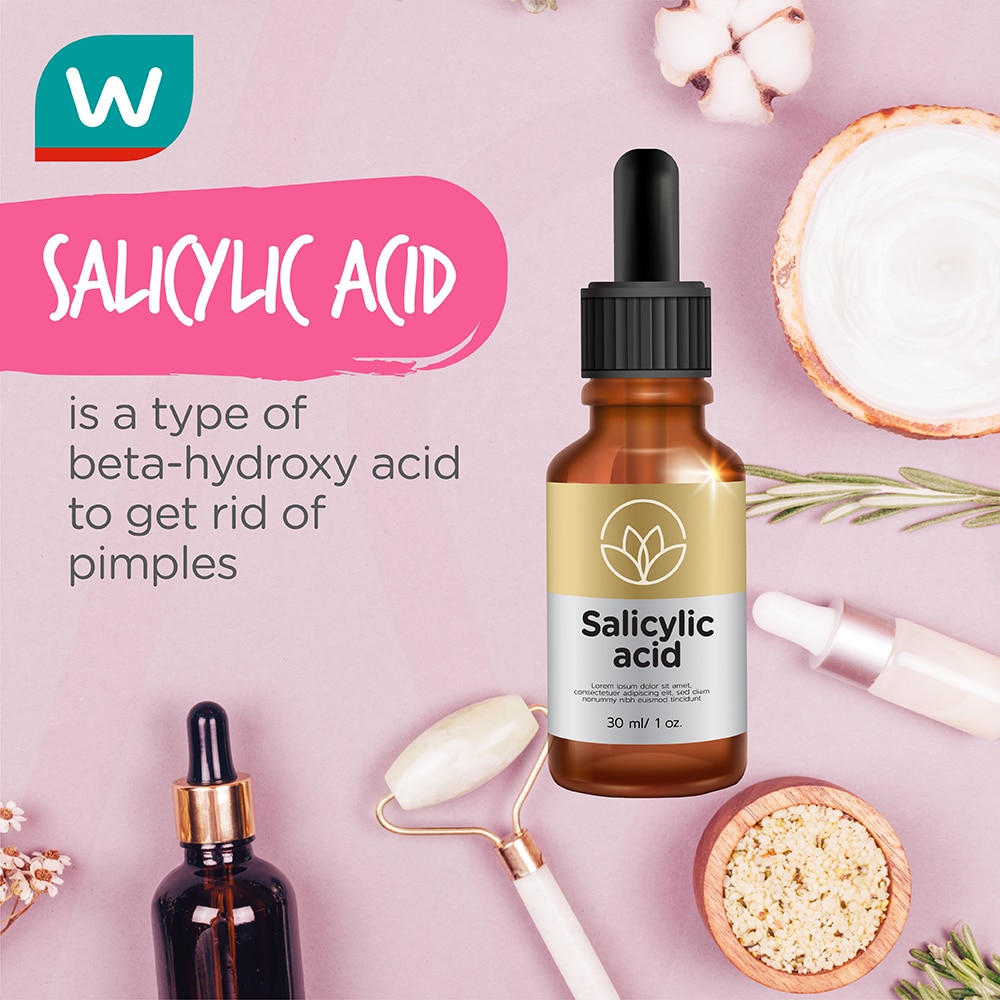
What is Salicylic Acid?
Salicylic Acid is a type of Beta-Hydroxy Acid (BHA) to get rid of acne, pimples, blackheads, and whiteheads.
Benefits of Salicylic Acid
Salicylic Acid is a gentle ingredient that helps dry out excess oil in the pores to reduce acne, pimples, blackheads, and whiteheads. However, it may remove too much oil and make your skin dry.
How to use Salicylic Acid?
Pick one Salicylic Acid-based skincare product in your skincare routine. It could be a facial cleanser, toner, moisturizer, or spot treatment. Avoid using all skincare products containing Salicylic Acid, which may make your skin too dry. Topical dosages for face creams, facial cleansers, astringents, and other OTC products usually contain between 0.5 percent and 5 percent Salicylic Acid. It can be used in the morning and at night.
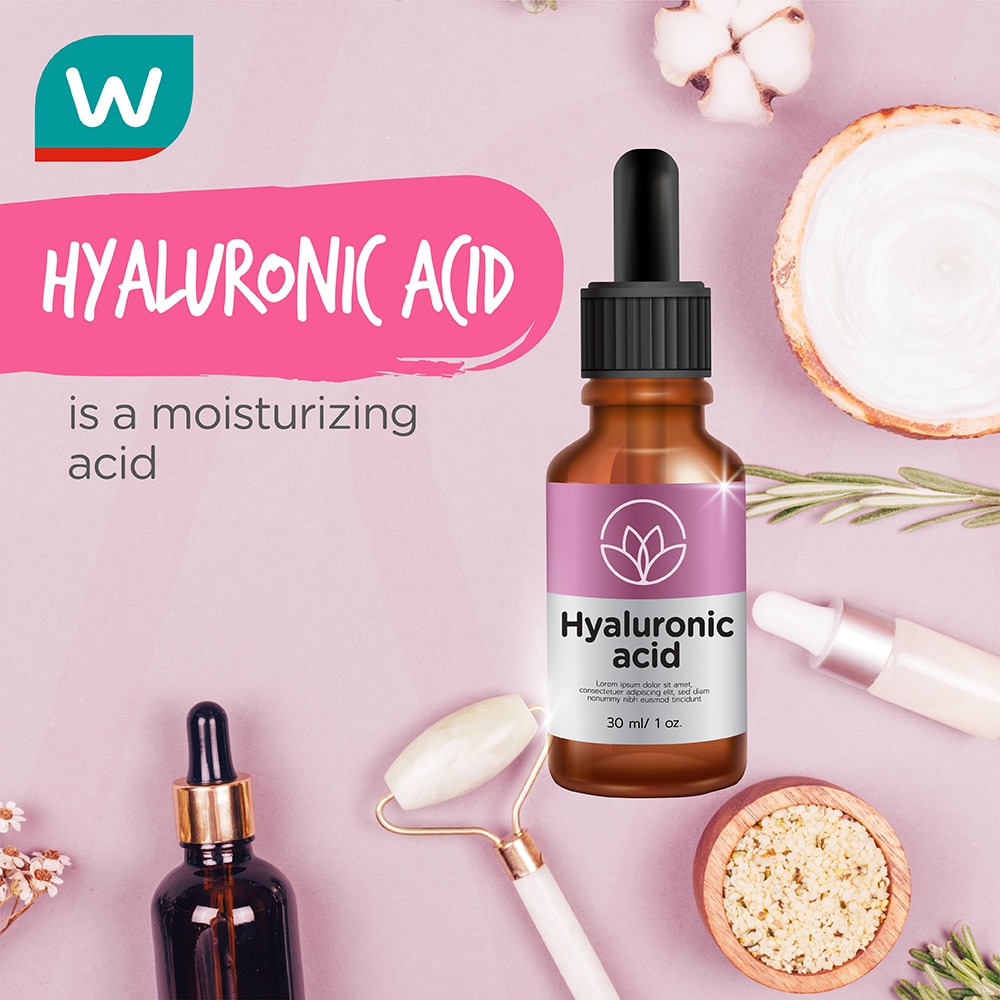
What is Hyaluronic Acid?
Hyaluronic Acid a type of moisturizing acid. It is occurring naturally in our bodies.
Benefits of Hyaluronic Acid
Hyaluronic acid works as a magnet for moisture. This ingredient helps retain skin moisture to promote healthier and more supple skin. Hydrated skin can reduce the signs of aging like wrinkles. Hyaluronic acid has antioxidant properties that can fight against free radicals. Hyaluronic Acid helps strengthen the skin’s natural barriers to lock in skin moisture and slow down the deterioration of the lipid barrier. It speeds up the skin recovery process.
How to use Hyaluronic Acid?
Hyaluronic Acid serum or face cream is suitable for using it every day. It works well for all skin types, even sensitive or acne-prone skin. It is a natural and powerful moisturizing ingredient to deliver skin hydration instantly and maintain youthful glowing skin.
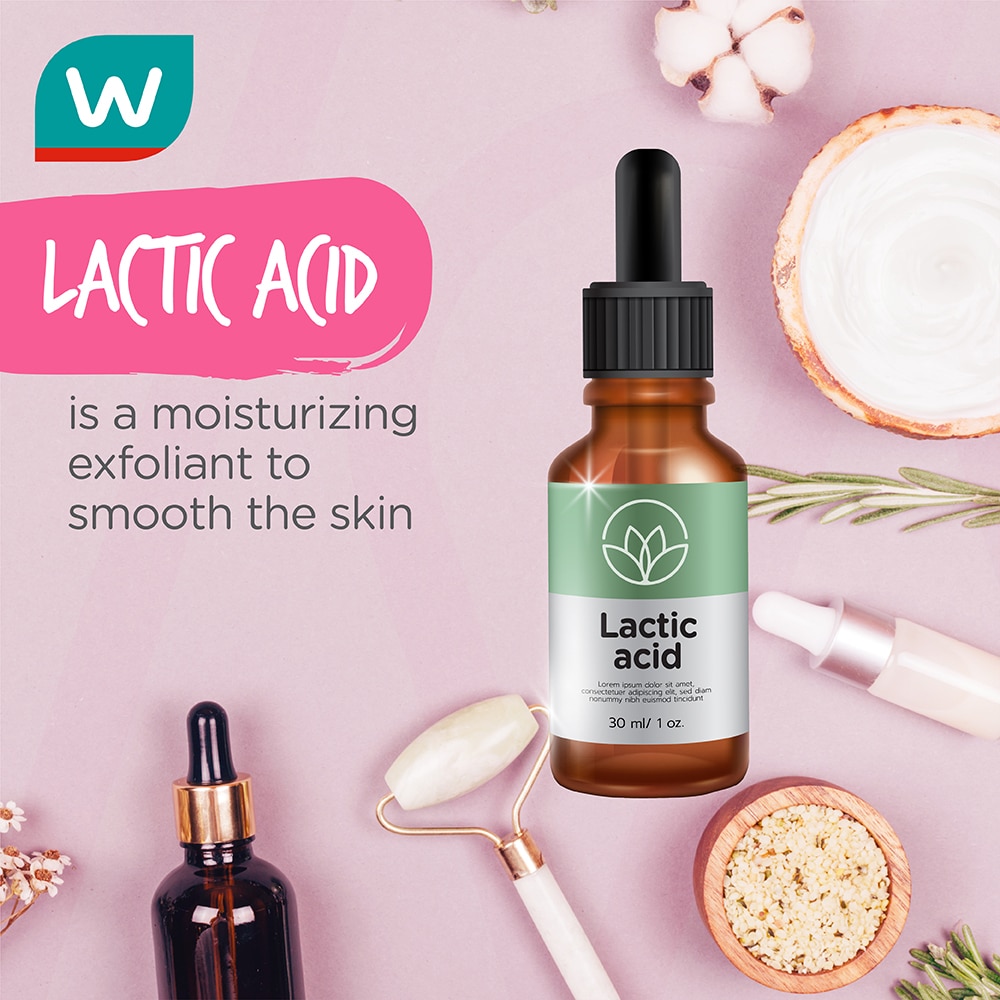
What is Lactic Acid?
Lactic Acid is a type of alpha-hydroxy acid (AHA), which is naturally found in dairy products. It acts as a mild moisturizing exfoliant to lighten uneven pigmentation, smooth the skin, and good at treating sun-damaged skin.
Benefits of Lactic Acid
A Lactic Acid peel can gently remove the top layer of skin that is called “epidermis” to get smoother and brighter skin. Lactic Acid is also used to treat hyperpigmentation, age spots, reduce pore appearance, and improve dull and uneven complexion by increasing cell turnover and stimulating collagen.
How to use Lactic Acid?
Lactic Acid is milder than Glycolic Acid, which is a better choice for sensitive skin. However, its peeling effect may make your skin more vulnerable to harmful UV rays. You should apply sunscreen every day and reapply throughout the day.








